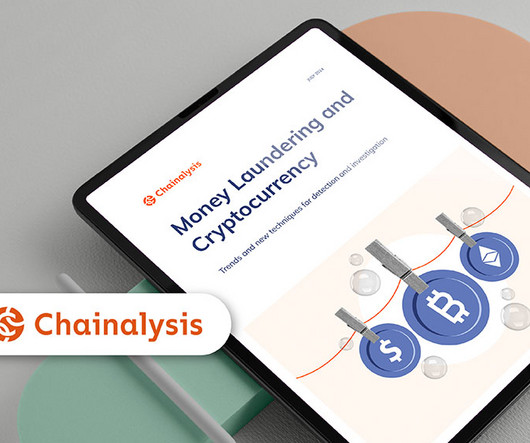What is Stopping Blockchain From Seeing the Same Success as AI?
The Fintech Times
MAY 30, 2025
A lack of interoperability leads to a fragmented user experience, and if rushed to market, an increased risk of bugs and vulnerabilities. Financial institutions hesitate to adopt blockchain without clear, consistent regulatory frameworks, especially when operating across multiple jurisdictions.













Let's personalize your content